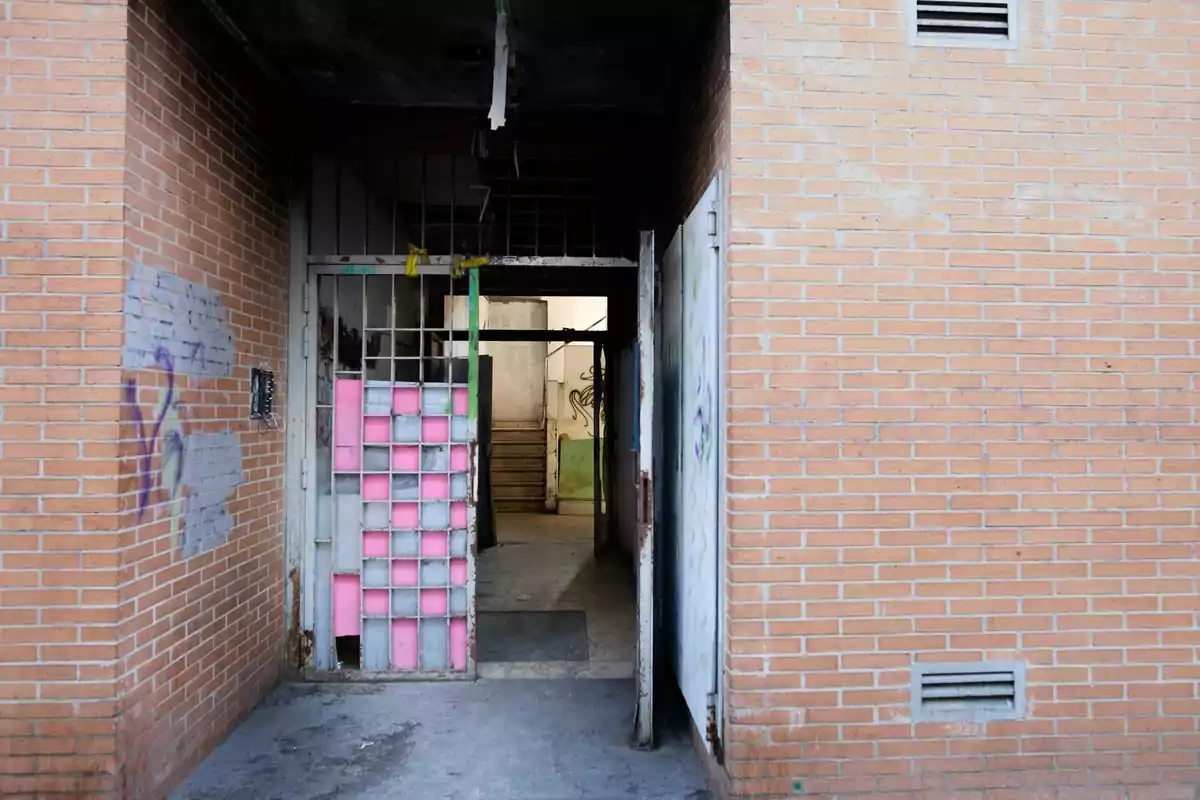
They occupy his house and fine him: the surreal case that shows the Catalan reality
The City Council says they don't have 'jurisdiction': cases like this show the lack of protection for many citizens
Joaquim's case, a resident of Reus, has exposed the surreal situations many people face when they try to evict squatters. What began as a good faith rental contract in 2019 has turned into a nightmare lasting more than three years.
The occupants of his home not only refuse to pay rent, but they've also made money by renting out the property on Booking. Despite the evidence Joaquim has presented in his defense, local and judicial authorities haven't replied. According to the city council, they don't have "jurisdiction" to solve the situation.

A contract that ended in conflict
Joaquim rented his house in 2019 to a family with three children due to his financial difficulties in paying the mortgage. The property, located near the Aigüesverds golf course in Reus, seemed like a viable option. However, shortly after signing the contract, problems began.
The tenants started falling behind on payments, and by the end of 2020, they stopped paying altogether. They tried to justify the lack of payment with excuses such as financial difficulties caused by the pandemic, but the situation didn't improve. In July 2022, the occupants informed him they wouldn't leave, despite not fulfilling their contractual obligations.
The squatting and the legal situation
The situation worsened when the family began renting out the property as a tourist apartment on Booking, without Joaquim's permission. In the listing, the house was presented as a private suite. According to several testimonies, the property was rented to tourists, generating income for the occupants, while Joaquim kept paying the mortgage of €1,260 ($1,260) per month.
Reus city council issued a vulnerability report in favor of the family, based solely on the financial data they provided. Even though Joaquim presented evidence that the occupants had income, the local administration said they don't have jurisdiction to verify whether that data was false or incomplete. According to the city council, responsibility lies with the courts or a higher administration.
The fine and the garnishment
To make matters worse, the Catalonia Tax Agency discovered that the property was being illegally rented as a tourist apartment. This resulted in a €5,000 ($5,000) fine for Joaquim. Instead of holding the occupants responsible, the administration garnished his wages, deducting €500 ($500) per month as part of the fine.
This action has further worsened Joaquim's financial situation, as he feels punished for something for which he's not responsible. Despite his efforts to find justice, he feels powerless in the face of the lack of action from local and judicial authorities.
More posts: